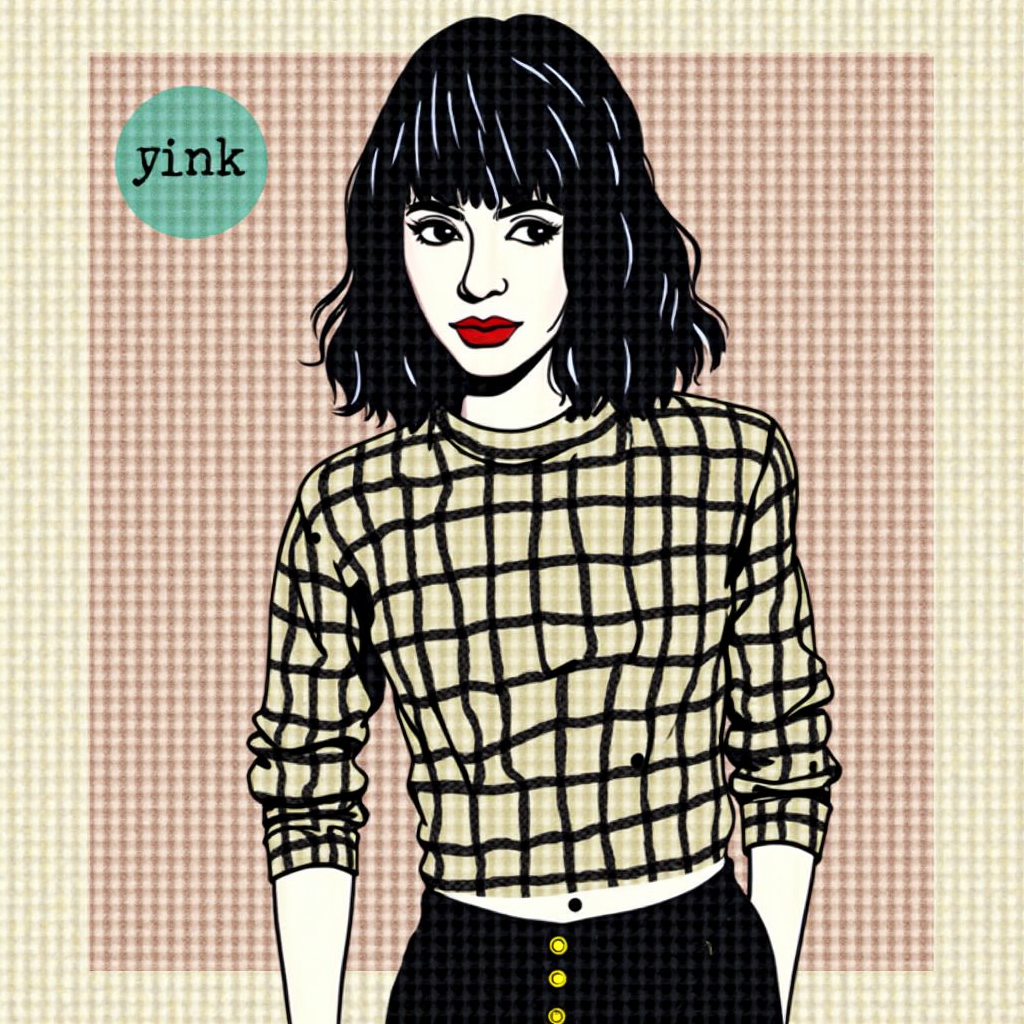Kathleen Hanna’s New Memoir Is a Reminder That True Riot Grrrls Just Get Older, Wiser, and Angrier

There’s a particular Kathleen Hanna performance from 1991 that lingers in my mind—a spoken-word piece against rape culture delivered with fierce conviction. As the lead singer of ’90s band Bikini Kill, she wasn’t just creating music; she was igniting change. Her new memoir, Rebel Girl: My Life as a Feminist Punk, offers a glimpse into how her early rage has evolved into something far more complex and mature.
The Evolution of Rage to Resilience
In the grainy three-minute video from 1991, Kathleen Hanna delivers an impassioned spoken-word performance that challenges rape culture. Her relentless determination in the face of interruption from a male audience member is emblematic of her journey through life’s adversities.
From Bikini Kill to Rebel Girl
Rebel Girl refines Hanna’s early anger into something nuanced, acknowledging that everyone—including herself—can make mistakes. It highlights how the media often focused solely on her anger toward men, overshadowing other significant narratives.
Lessons from a Life in Punk
Kathleen Hanna’s story is one of enduring strength and introspection. Her journey through punk rock has been both personal and political, advocating for change while navigating the challenges posed by sexism within and outside the music industry.
- Supporting Others: Hanna recalls her early days as a beacon of support for young women sharing their own stories of abuse. However, this came at a personal cost, highlighting the need for boundaries even in activism.
- Musical Legacy and Challenges: Despite enjoying some success with Bikini Kill, Hanna faced constant sexism from industry figures, underscoring the systemic barriers that persist today.
The Memoir’s Impact on Feminism Today
Rebel Girl is not just a memoir; it’s a call to action. Kathleen Hanna encourages her readers to break free from societal constraints and carve out their own spaces in the world, emphasizing that change requires both self-reflection and community effort.
Navigating Modern Challenges
In an era where issues like shrinking abortion access and digital exposure persist, Hanna’s insights are particularly poignant. She demonstrates how personal stories can be powerful tools for advocacy and resistance against patriarchal norms.
Legacy of Riot Grrrls: Empowerment Through Art
Kathleen Hanna’s influence extends beyond her music; she has been a mentor to countless women in the punk scene, encouraging them to express themselves freely. Her memoir offers a roadmap for those looking to navigate and resist oppressive systems.
Personal Reflections on Riot Grrrl Influence
I remember discovering Bikini Kill during a challenging college experience with rape culture—a testament to Hanna’s impact on personal narratives. My heart-and-star tattoo symbolizes the solidarity I found through her work, echoing the codes she established for connection and empowerment.
Conclusion: Embracing Imperfection
Kathleen Hanna’s journey is one of growth, resilience, and unwavering commitment to feminist ideals. Her memoir teaches us that while we may stumble, our imperfections do not define us—they drive us toward a more just world.
In an ever-evolving landscape, Kathleen Hanna’s story stands as a reminder: true change comes from within, fueled by passion, honesty, and the courage to speak out against injustice. As she continues to inspire new generations, we’re reminded that being a Riot Grrrl is not about age or experience—it’s about never giving up the fight for equality.